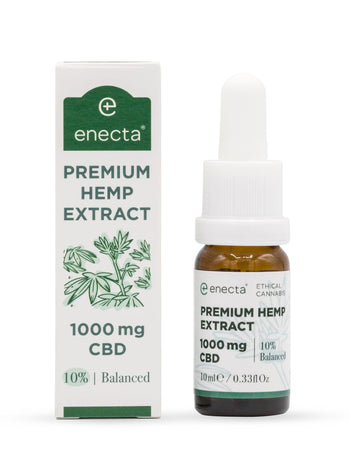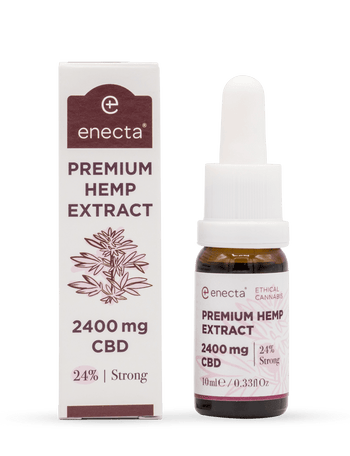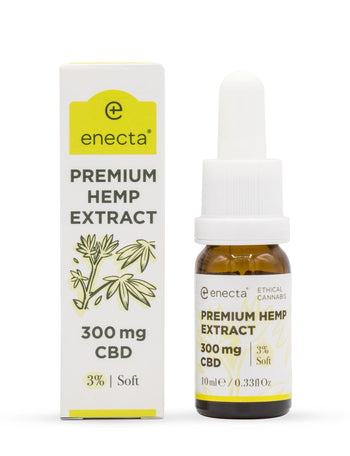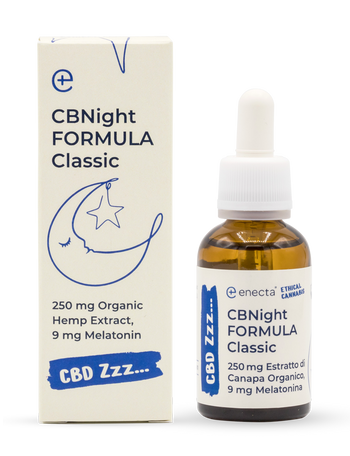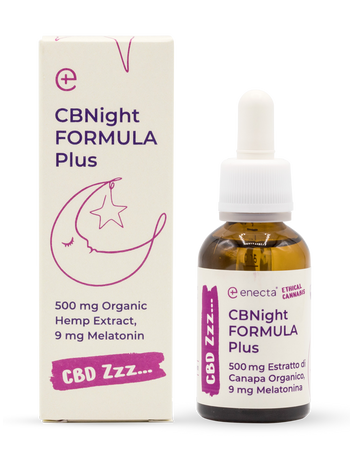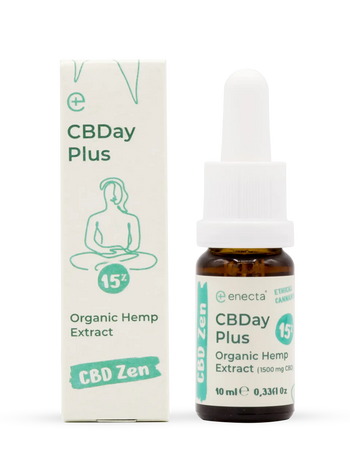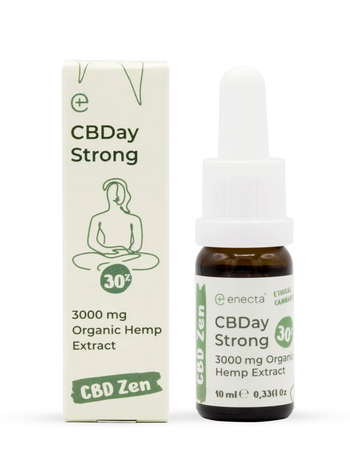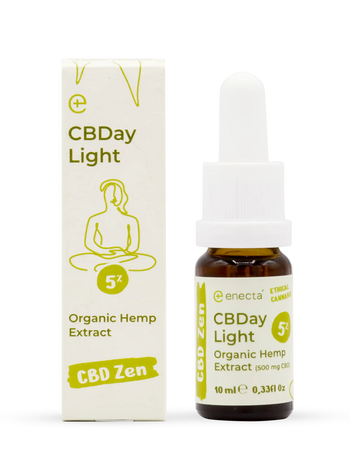Addiction is defined as a disorder where the user chronically relapses in the use of a drug, with little or no control over the abuse of the substance and a rejection of the negative consequences of that abuse. Addiction typically has three phases, namely intoxication, withdrawal and relapse. Various studies on the effects of CBD and addiction have been conducted all over the world, but not necessarily on all three phases. It is because of this lack of research on all three phases that a lot more research on the effects of CBD on addicts must still be done.
CBD and Addiction: The Effects of CBD
Opioids
It is estimated that 100 million Americans suffer from chronic pain, and the Centre for Disease Control and Prevention has identified the over-use of opioids as an epidemic. In 2011 in America, 55% of all injury deaths were related to prescription medications, and 75% of that 55% were related to opiate prescriptions.
The use of CBD as an alternative to opiate reliance for chronic pain sufferers is starting to gain more traction as new research comes to light. Research has indicted that CBD has an inhibiting effect on the reward inducing use of opiates, but unfortunately, when taken alone, little or no effect on the withdrawal phase. However, when CBD is taken in conjunction with THC, there does appear to be some benefit in the withdrawal and relapse phase.
Psycho-stimulants
Unfortunately, research has found that the administration of CBD did not have any noticeable effect on the stimulant’s reward phase, but one study did find that it might very well have an effect on the withdrawal and relapse phase.
Tobacco
Only one study could be found that looked at the effect of CBD on tobacco addiction. The research group was divided into 2 groups and the one was given an inhaler with CBD and the other group a placebo inhaler. Both groups were told to use the inhaler whenever they felt like a cigarette. The group using the CBD inhaler had a 40% reduction in the number of cigarettes consumed.
Alcohol
Very little research exists relating to the use of CBD on alcohol consumption, but one study was found that gave a study group alcohol only and the other group alcohol and CBD. It was found that there was little or no difference in the subjective responses of the two groups.
There is little doubt that far more research needs to be done on the effects of CBD on addictive behaviour, but preliminary research seems to indicate that CBD might very well have a decisive role to play in the amelioration of the effects of substance abuse and addiction, in any one or all three of the phases of addiction.

























